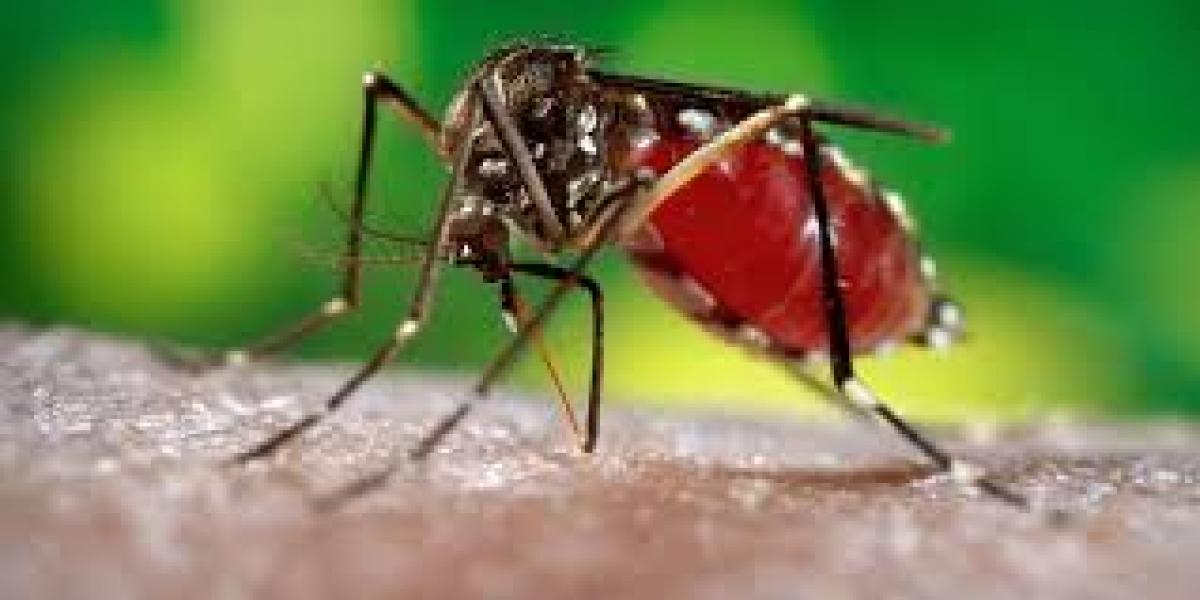Live
- Geeta Jayanti Celebrations Organized at Maldakal Thimmappa Swamy Temple
- Indiramma Housing Scheme Survey Reviewed by District Collector
- Government Committed to Resolving ASHA Workers' Issues: Minister Damodar Raja Narasimha
- 'Refrain from interfering in municipal polls': Union Minister Ravneet Bittu tells Punjab officials
- SC grants anticipatory bail to accused in POCSO case
- Rising Rajasthan Summit to return in 2026, says CM Sharma
- Kerala HC issues contempt notice to official over elephant regulation violations
- 3rd ODI: Have to learn to take things till the end, says Harmanpreet after India's 3-0 defeat to Australia
- Brook is probably the best Test batter in the world right now, says Ponting
- Congress to fight alone in Delhi, Alok Sharma labels AAP a 'distraction'









